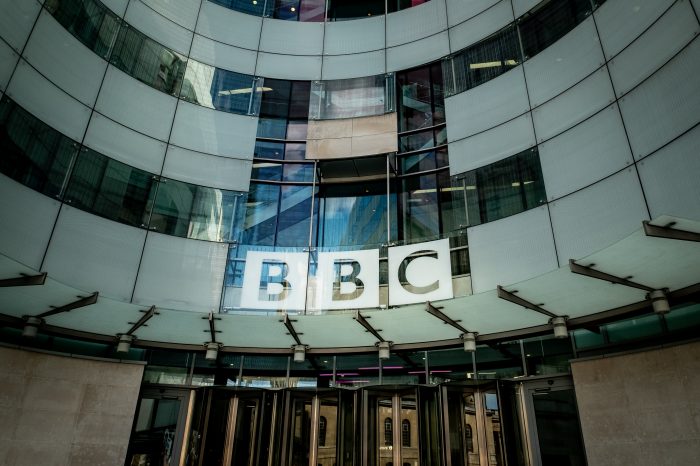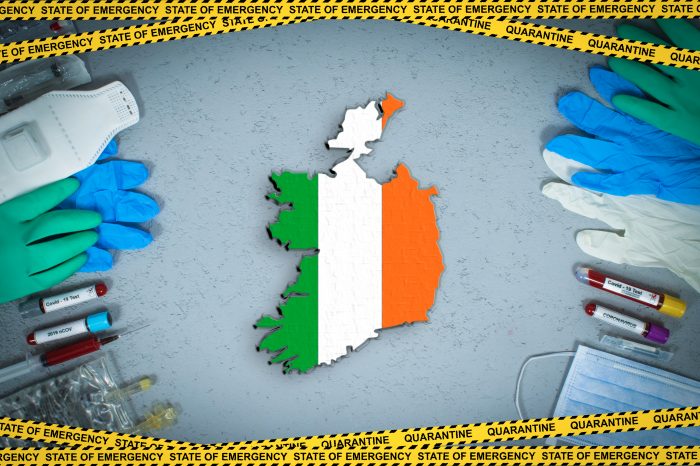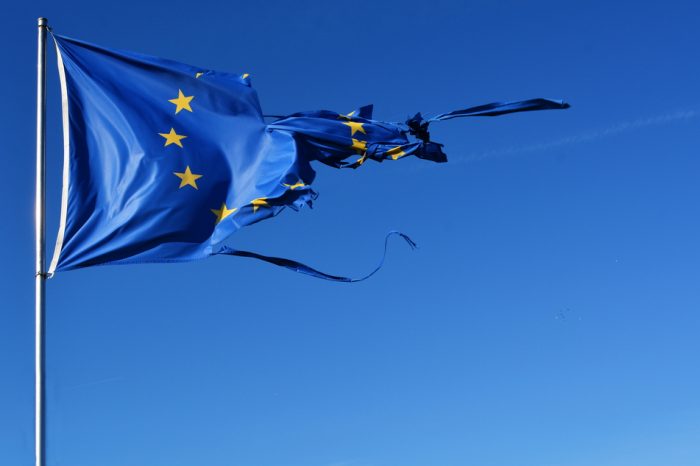BBC staff battle to save the licence fee
Criticism of the BBC, including its overwhelming pro-EU bias, has increased over the years. This in turn has raised questions about the way it is funded. John Whittingdale, the Conservative MP who chairs the House of Commons Select Committee for Culture, Media and Sport, has long argued that the licence fee, one of the main sources of funding, is unsustainable. Professor Tim Congdon has recently published an e-book explaining why it is better to privatise that institution. The Royal Charter runs out in 2016, and there is a chance that change may be on the way.
Lord Hall of Birkenhead, the BBC’s current Director General, is leading the fight to retain the licence fee. A recent article on the Conservative Woman Blog claims that he is attempting to mobilise the entire 8,000-strong workforce.
However, as Tim Congdon points out, this is to overestimate the Beeb’s importance. It has ceased to be dominant even in Britain itself. BskyB, which does not benefit from any licence fee revenue, still has a higher income than the BBC. True, the BBC does have an international arm, BBC Worldwide Ltd, with an avowedly commercial remit, but its sales are small compared with CBS, the Hearst Corporation and Murdoch’s US-based 21st Century Fox.
More to the point – and of particular relevance as far as the Campaign for an Independent Britain is concerned – the BBC has drifted a long way from its days as an impartial voice for the nation. It is a recipient of funding from the European Union, so no surprise that its claim to offer a balanced coverage of the subject has been widely questioned. The Civitas think tank criticised a recent report vindicating the BBC on this account “not independent and not worth the paper it was written on”.
The report “raises serious questions” about the impartiality and competence of the BBC Trust, the oversight body that commissioned the study. Lord Patten, the chairman of the BBC Trust and a former European Commissioner, spent months trying to avoid being grilled by the House of Commons European Scrutiny Committee over claims of bias. If the Beeb has nothing to hide, why did he try to wriggle out of this meeting?
The highly-paid journalists of the BBC will not doubt huff and puff about the licence fee, but the days when the UK public revere this institution as a national treasure are long gone. Some correspondents to this website admit to turning to Voice of Russia or even Al-Jazeera for a more balanced view (as they see it) of UK news coverage. The BBC’s institutional liberalism has antagonised many, including those of us who support withdrawal from the EU. Tim Congdon is right when he says that “Time and technology wait for no organisation, no matter how revered.” A more level playing field in the world of news broadcasting in the UK would more likely be provided by a Beeb that has to look for funding from the private sector. In its present form, it no longer speaks for the country which gave it birth and its coverage of European affairs is sadly the strongest evidence to this effect.







